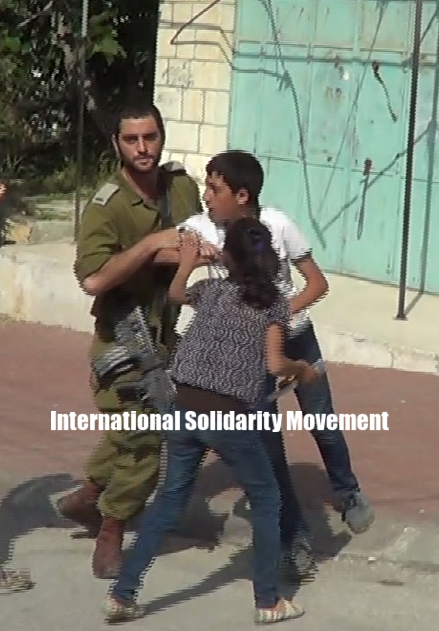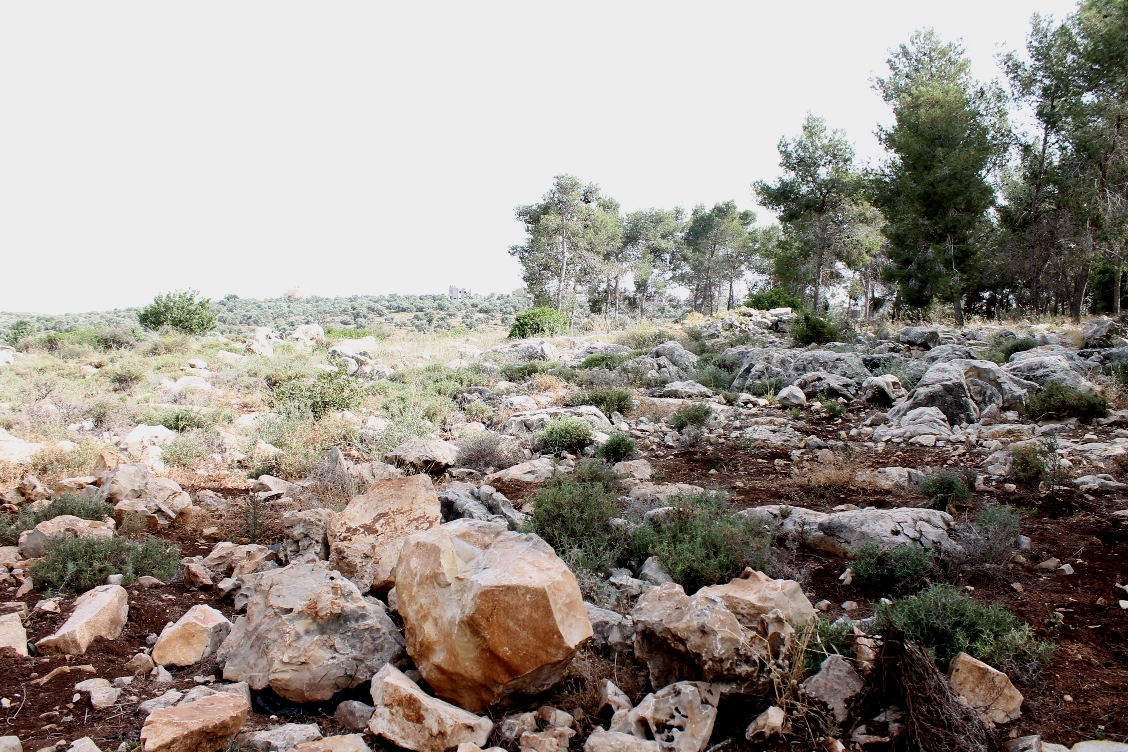Category: Reports
-
UPDATED: Murad Eshtewi, and four Palestinian youths from Kafr Qaddum, still under custody after court hearing
12th May 2014 | International Solidarity Movement, Nablus Team | Kafr Qaddum, Occupied Palestine Second Update Tuesday 13th May: Murad Eshtwei’s next court day is Sunday 18th May at Ofer prison. Ream Harham, Mustafa Eshtewi, and Ahmad Hassan Eshtewi have a court date tomorrow in Ofer court at 14:30. Reslan Joma will have his court date next week.…
-
15-year-old boy assaulted and detained in Hebron
10th May 2014 | International Solidarity Movement, Khalil Team | Hebron, Occupied Palestine Today in al-Khalil (Hebron), Israeli soldiers viciously assaulted a 15-year-old boy while they were attempting to arrest him. The soldiers accused him of attacking 10 settler youth; he was then taken to Tel Rumeida military base and then released after 20 minutes with…
-
Almost three out of four houses in Izbat at Tabib are at risk of demolition
8th May 2014 | International Solidarity Movement, Nablus Team | Izbat at Tabib, Occupied Palestine Izbat at Tabib, a small town of approximately 300 people located in the northwest of the West Bank, has 33 houses with demolition orders pending. The town totals 45 houses, this means that the demolition orders could destroy over 73% the town.…



